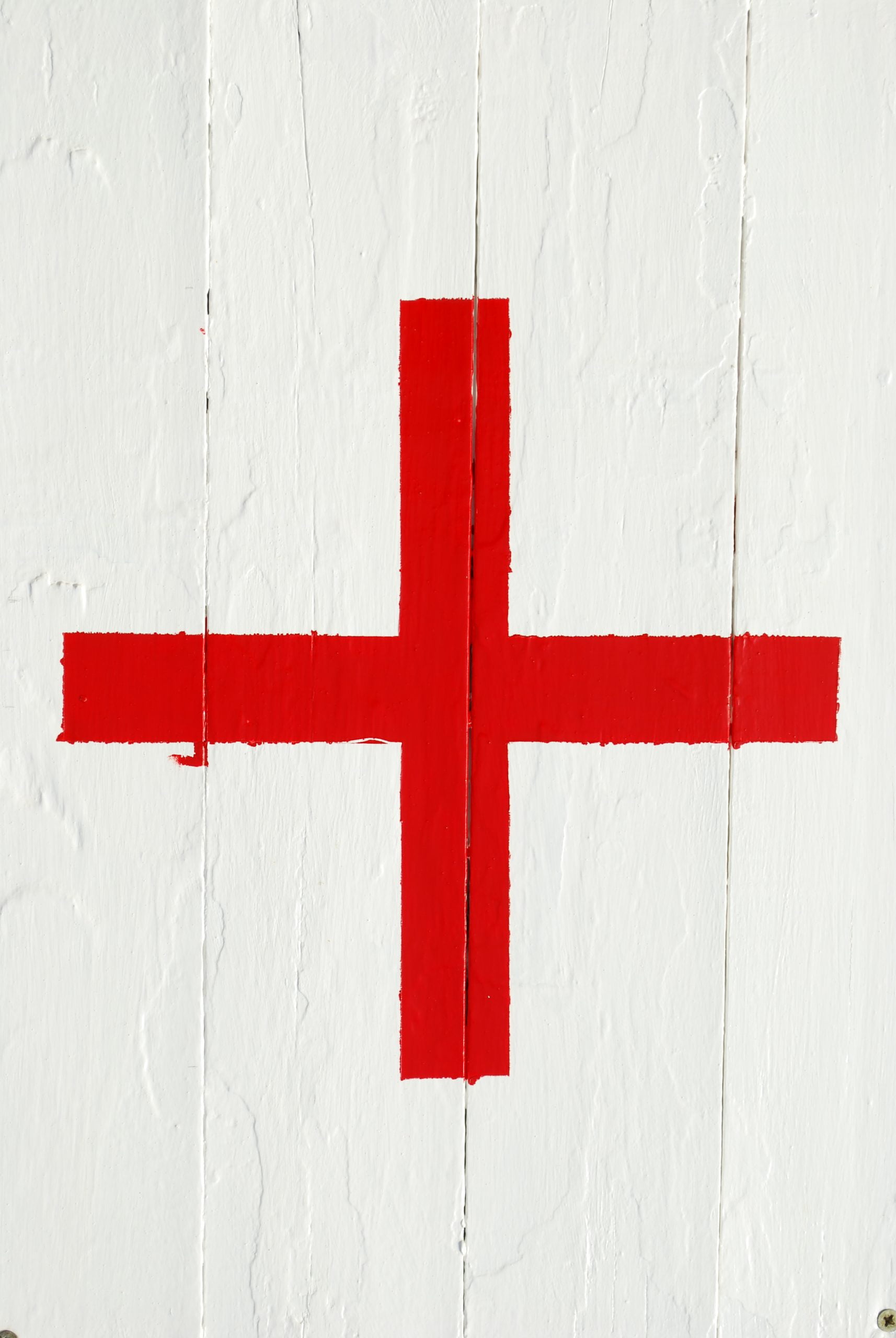As the world becomes more unpredictable, it’s essential to be prepared for any type of disaster. Whether you live in an area prone to hurricanes or earthquakes, floods or wildfires, taking steps towards disaster preparedness can help keep your family safe and secure. In this blog post, we will discuss how to prepare your family for hurricanes, earthquakes, and floods specifically, as well as other prepping essentials, home defense, evacuation planning, communications and contacts, and practicing your plan.
Disaster-Specific Preparedness:
Hurricanes:
If you live in a region that is susceptible to hurricanes, there are several things you can do to prepare yourself and your family. Firstly, make sure you have a reliable source of information such as a weather radio or app on your phone so that you can stay updated on storm developments. Secondly, create a hurricane kit with supplies such as non-perishable food items, water, flashlights, batteries, first aid kit, and important documents. Thirdly, if you are advised to evacuate, follow instructions from local authorities and head to a designated shelter or safe location.
Earthquakes:
Similar to hurricanes, earthquakes require specific preparation measures. Start by creating an emergency kit with supplies such as non-perishable food, water, flashlights, and first aid equipment. You should also identify safe spots in your house where you can take cover during an earthquake, such as under sturdy tables or desks. Lastly, practice drills with your family members so everyone knows what to do in case of an earthquake.
Floods:
Preparing for floods requires different considerations than hurricanes or earthquakes. Make sure to monitor weather reports and sign up for alerts through your community’s warning system. If you live in a low-lying area, move valuable possessions to higher ground or elevate them above expected flood levels. Create a flood kit with supplies such as sandbags, pumps, and plastic sheeting to protect your property. Finally, listen to officials regarding evacuation orders and follow their guidance.
Prepping Essentials:
In addition to disaster-specific preparedness, there are some general prepping essentials that every household should have. These include a supply of non-perishable food, water, medicines, and first aid equipment. It’s also crucial to have communication devices like radios and chargers, as well as extra batteries and solar chargers. Don’t forget about personal protection gear like helmets, gloves, and boots, especially when preparing for natural disasters like earthquakes or floods.
Home Defense:
During times of crisis, your home may become vulnerable to intruders or looters. Take necessary steps to defend your home by installing security cameras, alarms, and motion sensors. Keep doors and windows locked at all times and invest in strong deadbolts and locksets. Consider obtaining a firearm or pepper spray for self-defense purposes only after proper training.
Evacuation Planning:
Depending on the severity of the situation, you may need to evacuate your home quickly. Have a predetermined meeting place and communicate regularly with family members via text message or social media platforms. Identify multiple routes out of your neighborhood and avoid using main roads whenever possible. Pack your vehicle with essential items like food, water, blankets, and clothing before leaving.
Communications and Contacts:
Maintaining open lines of communication is critical during disaster situations. Ensure that each member of your family has a charged cellphone and a backup charger. Program emergency contact numbers into your phone and keep a list of important contacts in a safe place. Use social media platforms like Facebook or Twitter to share updates and connect with loved ones.
Practicing Your Plan:
Regularly reviewing and practicing your disaster preparedness plan is key to ensuring its effectiveness. Conduct regular drills with your family members, including evacuating your home and communicating with one another. Review your emergency kits and replace expired items regularly. By practicing your plan, you can ensure that your family is ready for whatever challenges come their way.
